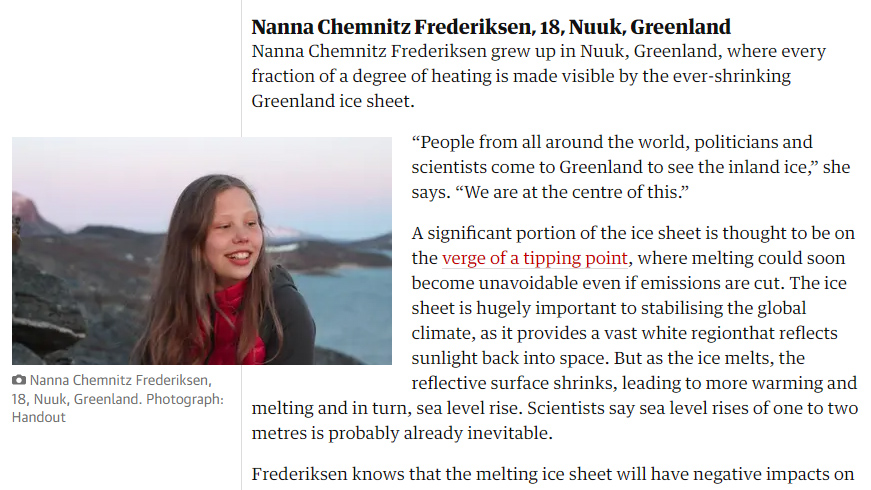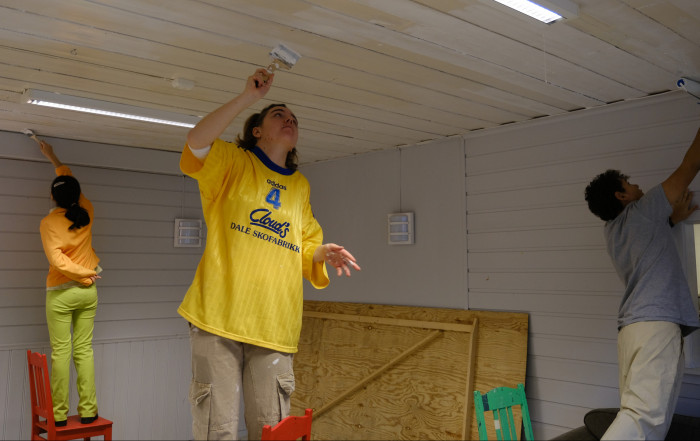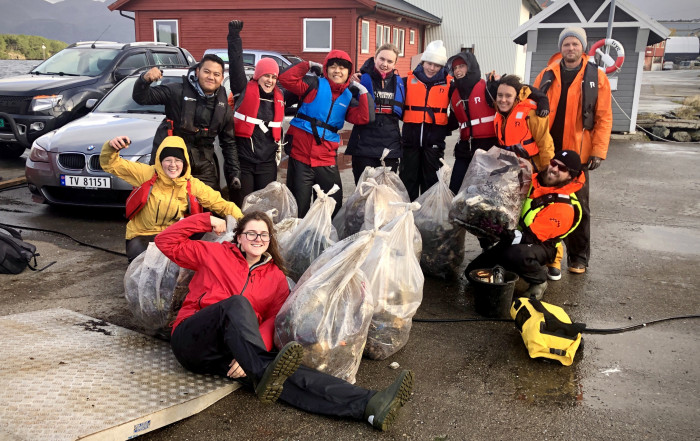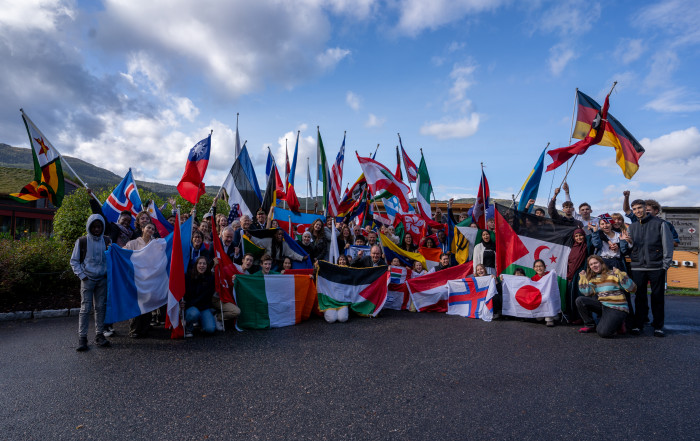“People from all around the world, politicians and scientists come to Greenland to see the inland ice,” she says. “We are at the centre of this.”
A significant portion of the ice sheet is thought to be on the verge of a tipping point, where melting could soon become unavoidable even if emissions are cut. The ice sheet is hugely important to stabilizing the global climate, as it provides a vast white region that reflects sunlight back into space. But as the ice melts, the reflective surface shrinks, leading to more warming and melting and in turn, sea level rise. Scientists say sea level rises of one to two metres is probably already inevitable.
Frederiksen knows that the melting ice sheet will have negative impacts on communities across Greenland, especially in northern settlements such as Qaanaaq where permafrost melting is destabilizing homes and roads and impacting how fishers and hunters operate.
But her real concern lies on the impact it will have globally. “I am not so scared of what the effects of the melting of ice in Greenland will be,” Frederiksen says, “It scares me what effect it can have for the rest of the world.”
Latest News
UWC Red Cross Nordic’s role in OD day
OD-day is a day that takes place every year across Norway. OD stands for Operasjon Dagsverk or Operation Day's Work. Each year the organisation chooses a new cause to donate money to, the concept [...]
PBL Week October 2023
Project Based Learning week, or as we call it, PBL is an integral part of our CAS (Creativity, Activity, Service) program, which serves as the core of the Diploma Programme. CAS aims to enhance [...]
UWC Day 2023: Shaping a Sustainable Future
UWC Day is a celebration of UWC ideals, our mission and values which falls on the UN International Day of Peace each year. In 2023 this occasion was full of inspiration, learning, and [...]




